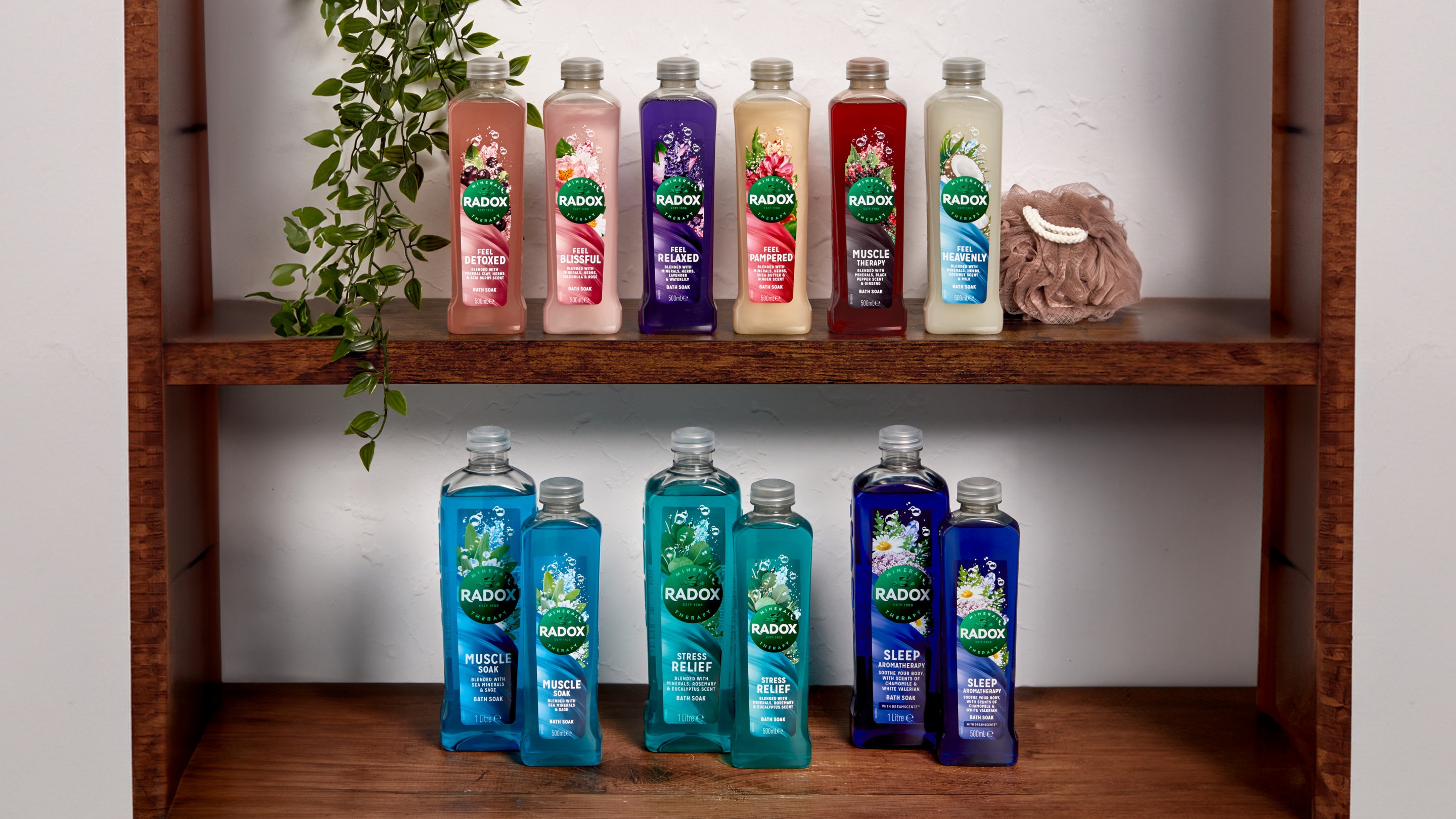Skip to:

How to De-Stress After Work with Relaxing Bath Meditation
Dealing with workplace stress. It’s a challenge we’re all faced with in today’s fast-paced world. There’s always a deadline to meet, or office politics to navigate, alongside the constant pressure we all put on ourselves to perform as best we can. All of that can lead to burnout and exhaustion, and a mental burden that can weigh us down – that’s why knowing how to relax and unwind is crucial.
Here, we’ll explore what some of the causes of stress at work can be, underline the importance of relaxation, and provide some practical tips for how to unwind after work.
Common Causes of Stress at Work Leading to Burnout
There’s a number of factors in your work-life that can grind you down and recognising them can help keep burnout at bay.
High Workload and Tight Deadlines
Having lots of work to deliver on truncated timelines isn’t a good mix. It can lead you to feeling overwhelmed.
Poor Work-Life Balance
Juggling professional responsibilities with personal commitments is far from easy. Any imbalance here can really upset your life’s equilibrium.
Lack of Control or Autonomy
When you’re micromanaged or don’t get much say in decision-making, you’re left feeling frustrated.
Conflict with Colleagues or Supervisors
Workplace conflicts and issues with co-workers are never fun. They create a tense working environment and ultimately affect your overall well-being.
Unclear Job Expectations or Role Ambiguity
It’s confusing not being clear on what your responsibilities are or what’s expected of you.
The Importance of Finding Time to Relax and Unwind After Work
So now that the stress-triggers in the workplace have been established, we want to touch on why finding the time to relax and knowing how to unwind after work is so important to maintaining our mental and emotional well-being:
Prevents Burnout and Promotes Well-being
Taking the time to relax allows us to recharge and replenish our energy reserves.
Enhances Productivity and Creativity
Relaxation helps to clear and focus your mind, which in turn will make you more productive and creative.
Improves Physical and Mental Health
Relaxation techniques like deep breathing or meditation can reduce stress hormones, lower blood pressure, and boost mood.
Strengthens Relationships and Social Connections
When you spend quality time with loved ones or engage in social activities it gives you that sense of connection and support.
Maintains Work-Life Balance
By creating boundaries between your work and your personal life you’ll be able to ‘switch off’ which helps to maintain a healthy work-life balance.
Ideas for How to Unwind After Work
With another long, taxing day of work behind you, it’s time to let go, to rejuvenate your body and mind. These ways to relax will help you leave any stress you might’ve picked up during your day behind so you can start fully refreshed come the morning.
Having a Relaxing Bath
Indulging in a warm bath with bath bombs, bath soak, or bath salts is a beautiful way to relieve stress and help you unwind.
Engaging in Physical Exercise or Yoga
Any sort of physical activity, whether it’s a brisk walk or a yoga class, is an excellent way to combat stress and boost endorphins.
Practicing Mindfulness or Meditation
Quiet the mind and cultivate a sense of inner peace through mindfulness or meditation.
Enjoying Hobbies or Leisure Activities
If you love reading, do it. If you love listening to music, do it. Whatever your interest, do it – the fulfilment will help reduce stress.
Spending Quality Time with Loved Ones
Connect with friends and family members. Unwinding in each other’s company can work wonders when it comes to alleviating stress.
Disconnecting from Technology and Screens
Create a calming bedtime routine to signal to your brain that it’s time to wind down and prepare for sleep – putting away and turning off any screens is key to this.
It’s easy to get caught up in the stress of work and just as easy to bring it home with you. This guide will not only help you recognise the many different causes of stress at work, but how then to find that all-important relaxation and rejuvenation that your body and mind deserves. Find what works for you, and, once you do, the taking care of yourself will take care of itself.
